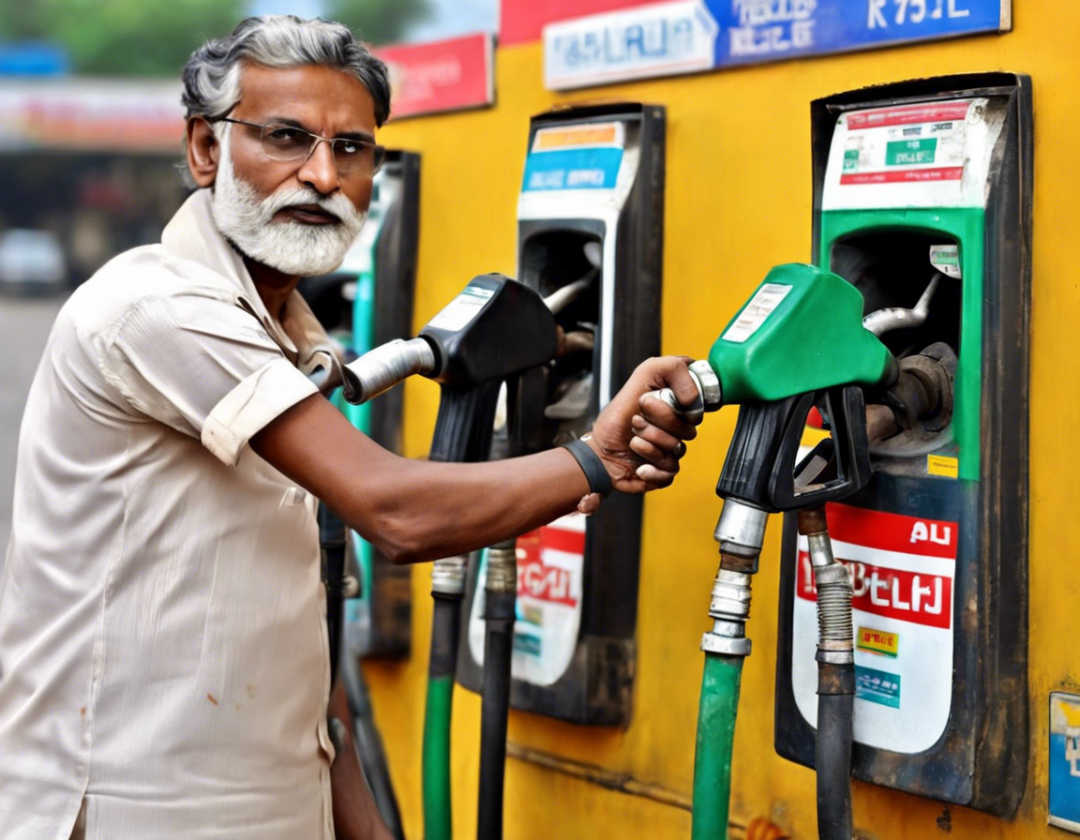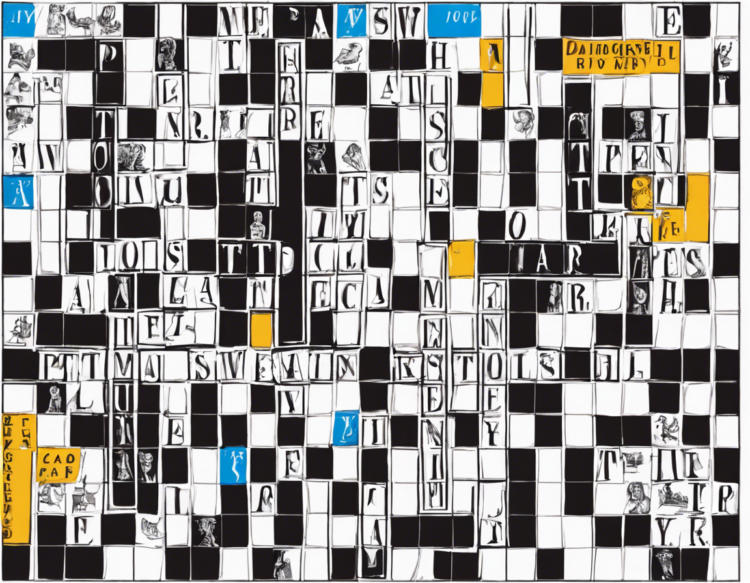Petrol prices in Rajasthan, as in other parts of India, are influenced by a variety of factors such as crude oil prices, currency exchange rates, demand and supply dynamics, taxes, and government regulations. It is essential for consumers to stay informed about Rajasthan petrol price updates to manage their fuel expenses efficiently. In this article, we will delve into the factors impacting petrol prices, recent trends in Rajasthan, and tips for consumers to save on fuel costs.
Factors Influencing Petrol Prices in Rajasthan
1. Crude Oil Prices
The price of crude oil is one of the primary factors that determine petrol rates. International crude oil prices fluctuate based on market conditions, geopolitical issues, production levels, and global demand. Any change in crude oil prices directly impacts petrol prices in Rajasthan.
2. Currency Exchange Rates
Since crude oil is traded in US dollars, fluctuations in the exchange rate between the Indian Rupee and the US Dollar can impact petrol prices. A weaker rupee against the dollar usually leads to higher petrol prices in India.
3. Taxes
Central and state taxes constitute a significant portion of the retail price of petrol. The central government imposes excise duty, while state governments levy value-added tax (VAT) on petrol. Any changes in tax rates can have a direct impact on the final price paid by consumers.
4. Global Demand and Supply
Global demand for oil, as well as supply disruptions or agreements among oil-producing countries, can affect petrol prices. Events such as natural disasters, political conflicts, or OPEC decisions can lead to price fluctuations.
Recent Trends in Rajasthan Petrol Prices
In recent times, petrol prices in Rajasthan have witnessed fluctuations due to various reasons. The deregulation of petrol prices in India in 2010 means that prices are now linked to international crude oil prices and vary daily based on market conditions. Consumers in Rajasthan can track the latest prices through online platforms, mobile apps, or at petrol stations.
Tips to Save on Fuel Costs
1. Regular Vehicle Maintenance
Keeping your vehicle well-maintained with regular servicing, proper tire pressure, and clean filters can improve fuel efficiency and reduce petrol consumption.
2. Driving Habits
Practicing fuel-efficient driving habits such as smooth acceleration, maintaining a steady speed, and avoiding sudden braking can help save petrol.
3. Carpooling and Public Transport
Opting for carpooling or using public transport whenever possible can reduce individual fuel expenses and contribute to lower petrol consumption overall.
4. Use of Loyalty Programs and Cashback Offers
Many petrol stations and credit/debit cards offer loyalty programs and cashback offers that can help consumers save money on fuel purchases.
5. Comparison Shopping
Comparing petrol prices at different fuel stations in your area can help you find the best deals and save on fuel costs.
Frequently Asked Questions (FAQs)
Q1: How often do petrol prices change in Rajasthan?
A1: Petrol prices in Rajasthan change daily as per the dynamic pricing mechanism introduced in India.
Q2: Can consumers predict future petrol prices in Rajasthan?
A2: It is challenging to predict future petrol prices accurately due to the various factors influencing them.
Q3: How does the Indian government regulate petrol prices?
A3: The Indian government deregulated petrol prices in 2010, allowing them to be determined by market dynamics.
Q4: Are there any subsidies on petrol prices in Rajasthan?
A4: As of now, there are no direct subsidies on petrol prices in Rajasthan.
Q5: How can I track daily petrol price updates in Rajasthan?
A5: Consumers can check daily petrol price updates through online platforms, mobile apps, and at petrol stations.
In conclusion, being aware of Rajasthan petrol price updates and understanding the factors affecting petrol prices can help consumers make informed decisions and manage their fuel expenses effectively. By adopting fuel-efficient habits and exploring cost-saving measures, individuals can mitigate the impact of fluctuating petrol prices on their budgets.




